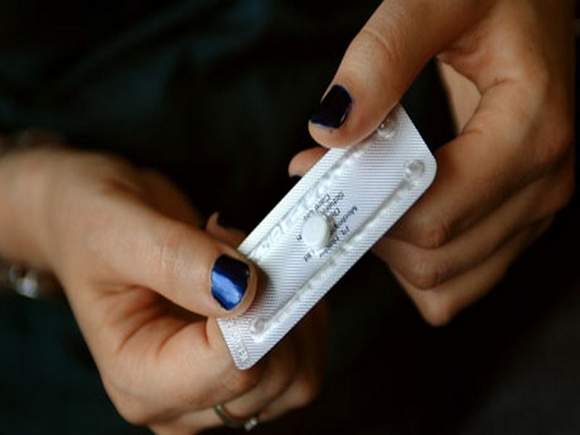
In Argentina, women will no longer need a prescription in order to obtain emergency contraception. The government claimed that making the morning-after pill more widely available, is an “important barrier” for those seeking abortions was eliminated.
Feminist groups applauded the decision, seeing it as a sign of advancement in the nation with a Catholic majority.
However, detractors claimed that the action demonstrated a “failure of pregnancy prevention.”.
By addressing “difficulties of access to health services, contraception supplies, and education” faced by some, the measure, according to the health ministry, would help prevent unintentional pregnancies.
Valeria Isla, director of sexual and reproductive health at the ministry, told reporters that “this removes an important barrier to access.”.
“People can have this method of contraception as support before an emergency happens.”
The initiative, according to Vanessa Gagliardi, head of the feminist organization Juntas y a la Izquierda, would help “de-stigmatise” the morning-after pill in a nation where, according to official statistics, seven out of ten adolescent pregnancies were unplanned.
It’s the most recent illustration of advancements in Argentina’s reproductive rights, one of Latin America’s biggest and most influential nations and one in which the Catholic Church still wields considerable influence.
The Church, which , opposed the country’s legalization of abortions up to the 14th week of pregnancy in 2020 had urged senators to reject the bill

Until recently, abortions were only permitted in rape cases or situations where the mother’s health was in danger.
The World Health Organization (WHO) states that emergency contraception pills, also referred to as morning-after pills, prevent pregnancy by blocking the fertilization of the egg when taken within 120 hours of unprotected sex, although they are most effective when taken within 12 hours.
According to the WHO, emergency contraception, such as copper-bearing intrauterine devices and emergency contraceptive pills, can prevent about 95% of pregnancies when used within five days of sexual activity.
Source-BBC




